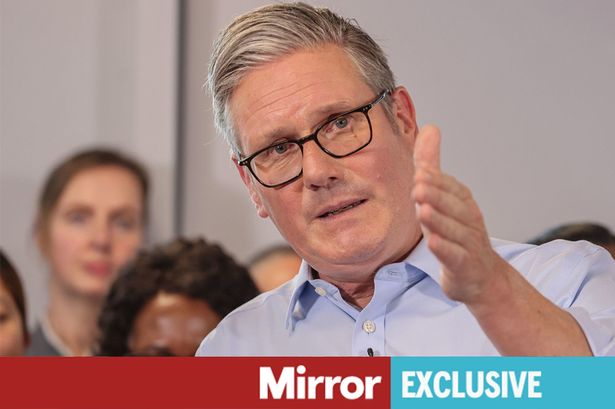The Labour government has been urged to prioritize rebuilding public trust as it marks the first anniversary of Keir Starmer’s general election victory. According to a report by the campaign group Unlock Democracy, the government has fulfilled only one-third of its promises aimed at restoring trust in politics.
The report, released in conjunction with the British Social Attitudes survey, highlights a concerning decline in public trust in government, reaching record lows over the past year. Tom Brake, Director of Unlock Democracy, emphasized the critical nature of trust in democratic processes. He stated,
“Trust is the lifeblood of democracy – and right now, it’s almost entirely drained away. What limited action the government has so far taken has failed to stem the bleeding.”
Labour’s First Year: A Mixed Report Card
Unlock Democracy’s report acknowledges Labour’s decision to abolish hereditary peers, awarding full marks for this manifesto promise. However, it criticizes the delay of the Elections Bill, a legislative measure seen as pivotal for addressing trust issues within the political system. The bill’s postponement, potentially into the next year, is seen as a missed opportunity for reform.
The report further calls for Labour to implement stricter regulations on MPs’ second jobs, gifts, freebies, and lobbying activities. These measures, it argues, are essential for restoring public confidence in political institutions.
The Challenge of Reform UK
As Labour navigates its first year in office, the rise of Reform UK presents a significant challenge. The report warns that improvements in living standards alone may not suffice to counter Reform UK’s growing influence. Instead, Labour’s electoral prospects may hinge on its ability to restore trust in the political system.
Tom Brake expressed concern over Labour’s current trajectory, stating,
“Without urgent, visible action to clean up Westminster and modernise our institutions, Labour risks deepening the crisis in mistrust it promised to solve.”
Historical Context and Future Implications
The issue of political trust is not new. Historical parallels can be drawn with previous administrations that faced similar challenges. The erosion of trust often leads to voter apathy and the rise of alternative political movements, as evidenced by the current momentum behind Reform UK.
Looking forward, Labour’s ability to deliver on its reform promises will be crucial. The government must balance immediate economic concerns with long-term institutional reforms to regain public confidence. The coming months will be pivotal in determining whether Labour can effectively address these dual challenges.
The report from Unlock Democracy serves as a timely reminder of the importance of trust in the political process. As Labour reflects on its first year in power, the path forward requires decisive action to fulfill its commitments and restore faith in government.
 French Police Use Jet Skis to Halt Migrant Boats in New Strategy
French Police Use Jet Skis to Halt Migrant Boats in New Strategy French Police Use Jet Skis to Halt Migrant Boats with New Tactics
French Police Use Jet Skis to Halt Migrant Boats with New Tactics French Police Use Jet Skis to Combat Migrant Crossings to Britain
French Police Use Jet Skis to Combat Migrant Crossings to Britain French Police Use Jet Skis to Halt Migrant Boats with New Tactics
French Police Use Jet Skis to Halt Migrant Boats with New Tactics Scottish Couple’s Tragic Loss Highlights Dangers of Tick-Borne Disease
Scottish Couple’s Tragic Loss Highlights Dangers of Tick-Borne Disease